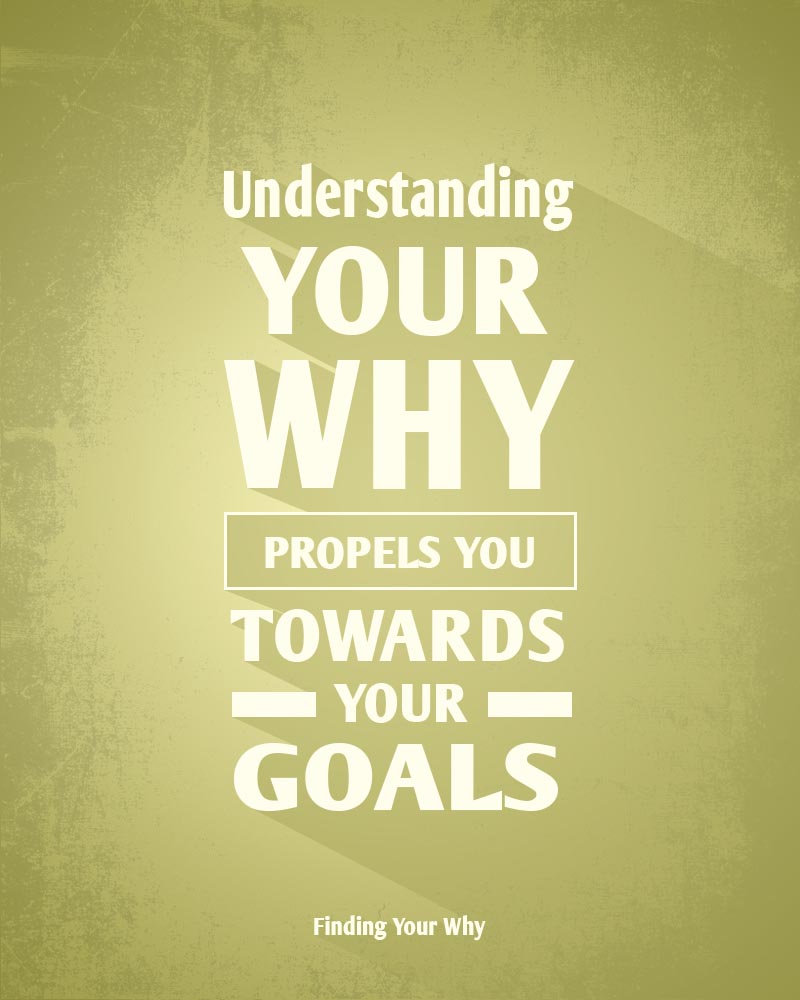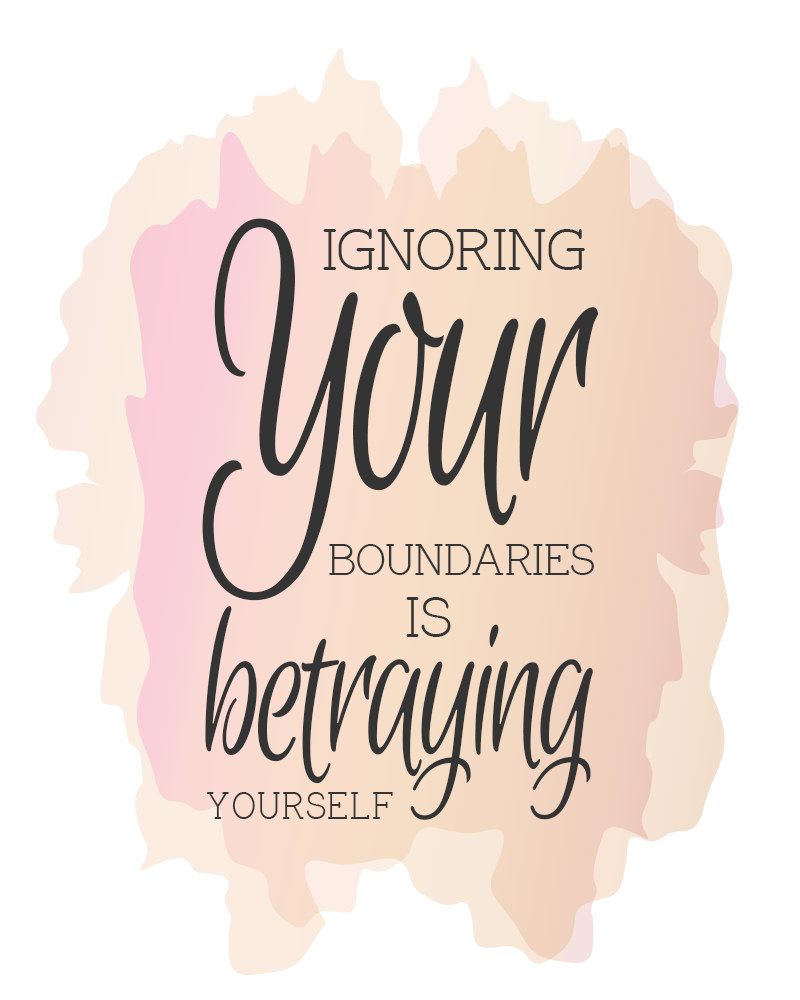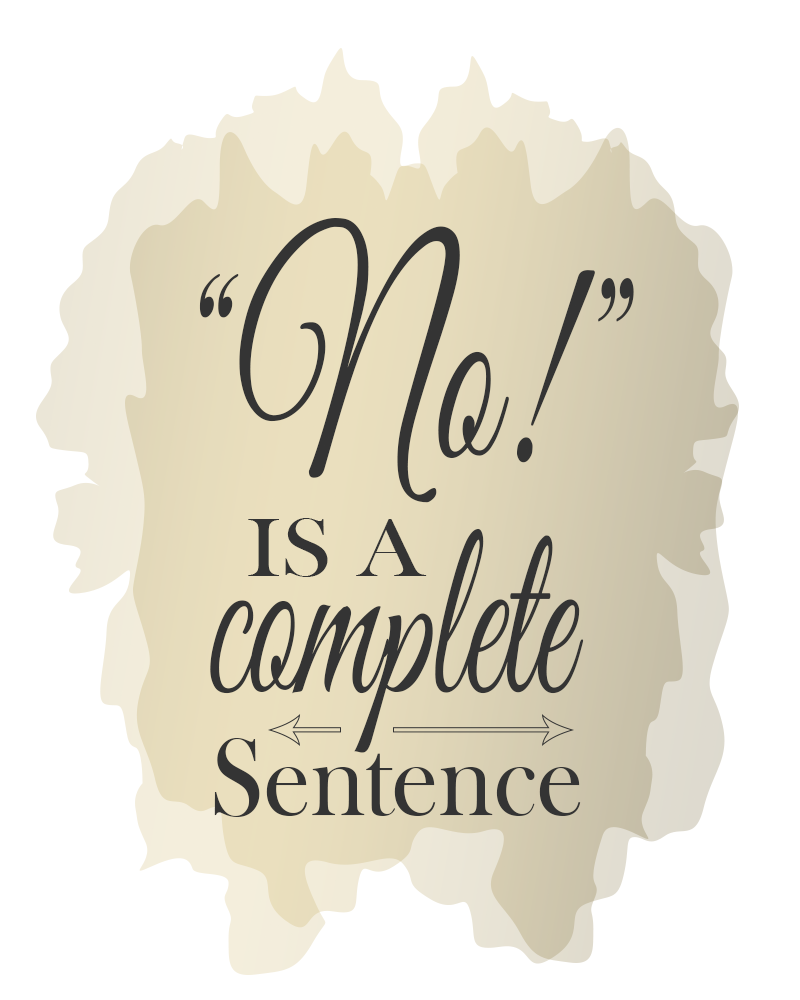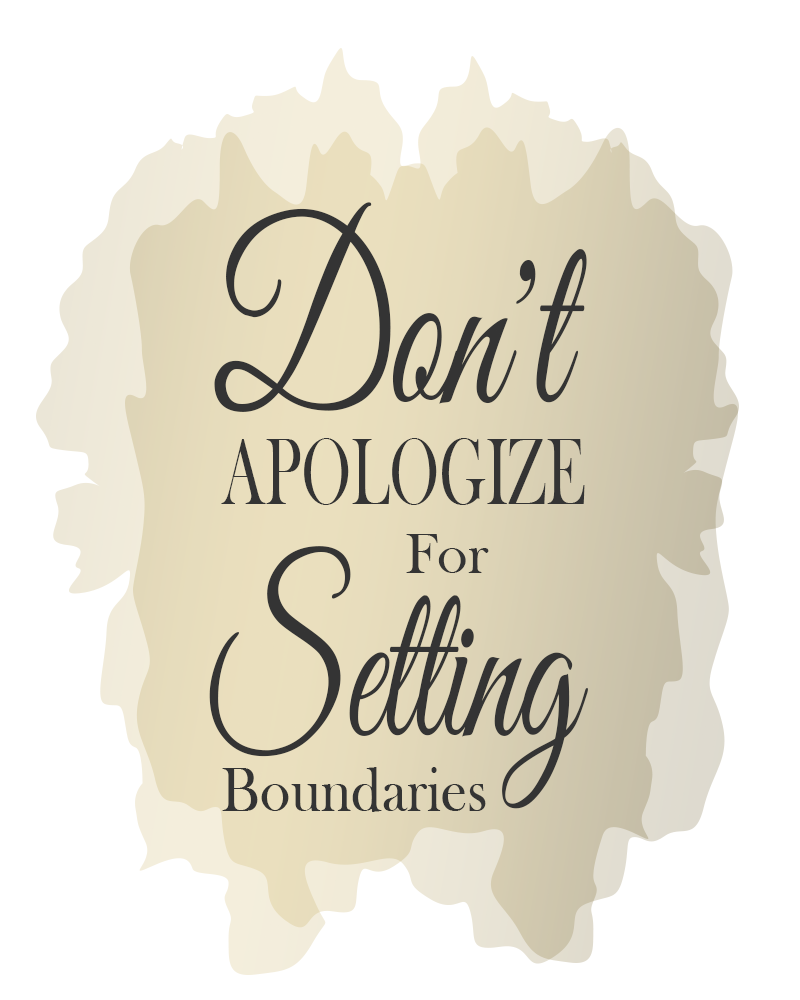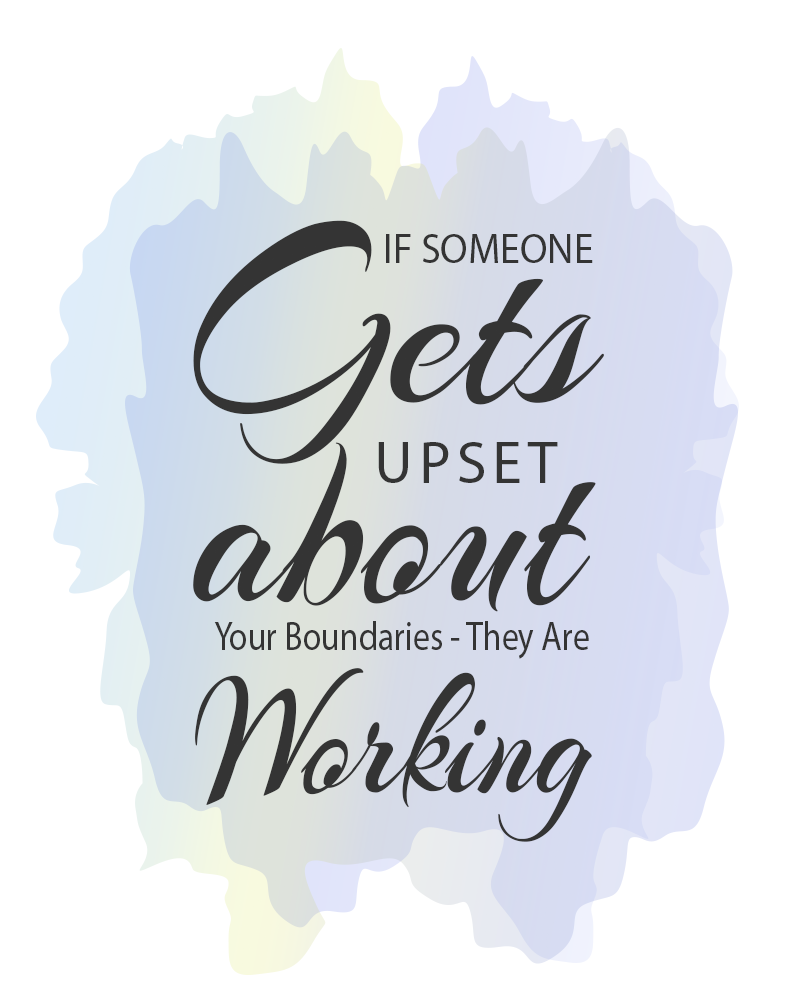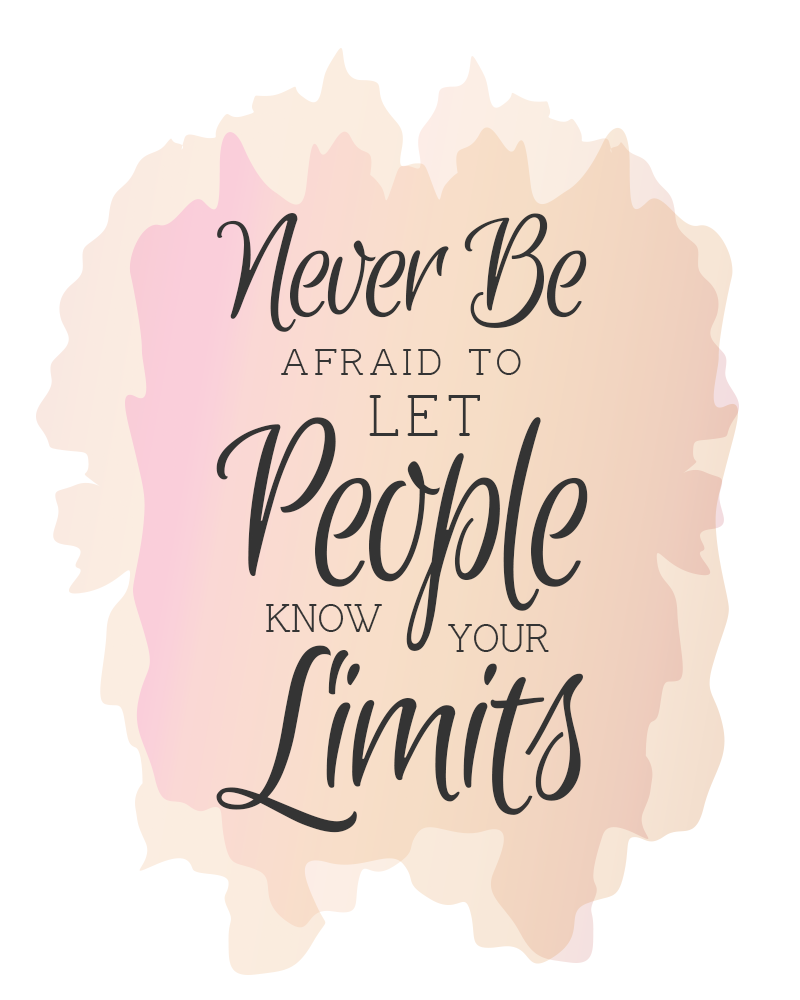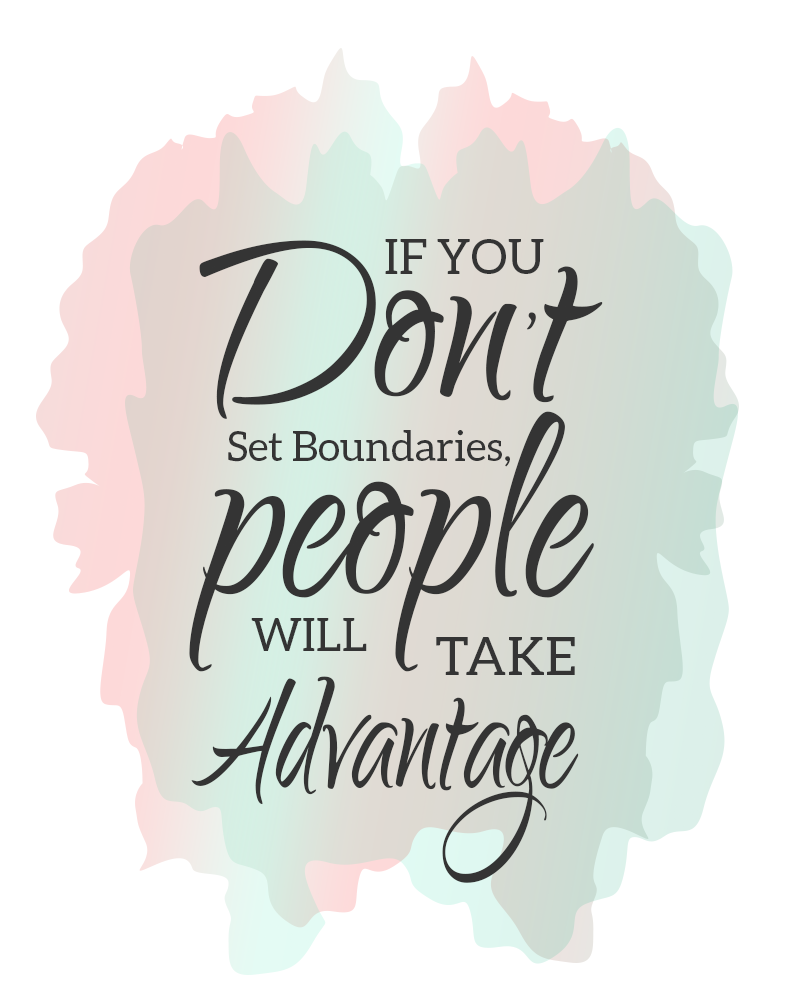Are you feeling unmotivated and struggling to find your purpose in life? You’re not alone. Many of us feel a little overwhelmed by the daily grind of life and sometimes forget how to take happiness from it. But, the good news is that there are tangible steps you can take to discover your purpose and find the motivation to reach your goals. In this blog post, we’ll explore five strategies for discovering your why and reigniting your passion.
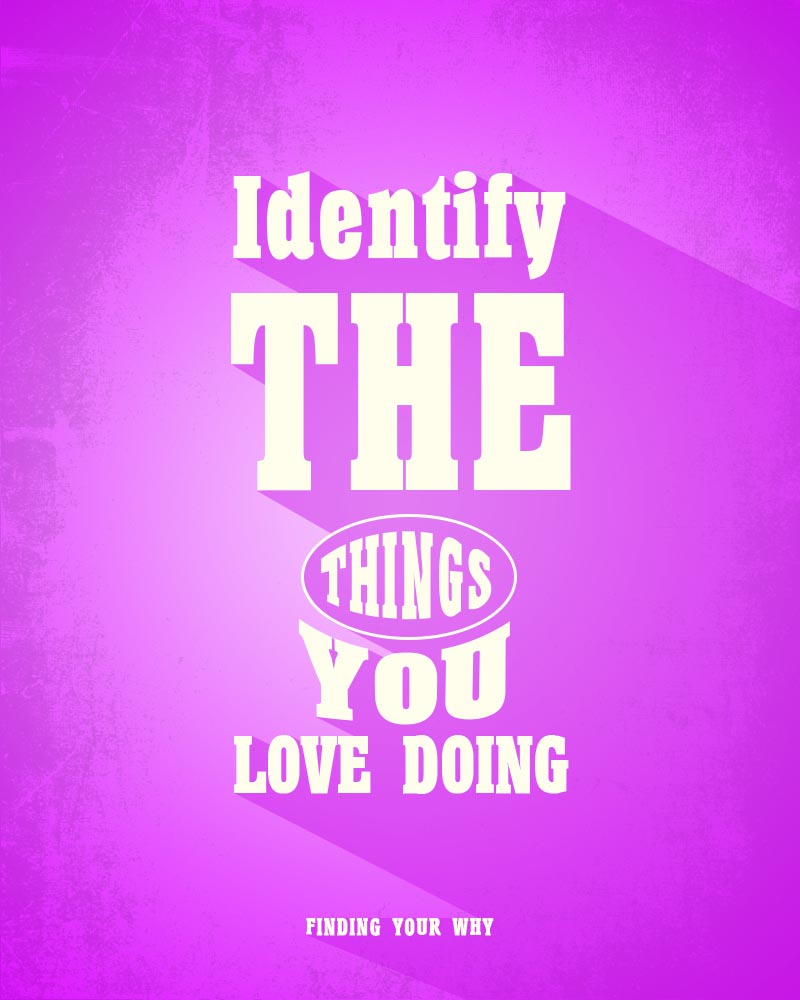
Achievers have a knack for getting things done. They’re driven by a clear purpose, know what they’re working toward and have a strong sense of why.
You can tap into the same level of energy simply by uncovering your own purpose. It’s not hard to do. Just explore these five ideas and you’ll be well on your way!
1. Begin with your interests
Is there something you’ve always been passionate about? What activities do you love to do? What do you find yourself thinking about and looking forward to when you’re busy with tasks which don’t require a lot of thought? Usually, your “why” is connected to these things. It can be a direct connection or it can be something that can be weaved in and out of the day to day. For example I’ve always loved learning. When I get a new client I not only get to learn all about them but also learn what’s the latest news and information about the condition they’re coming to me for.
2. Review the past
You have likely had another “Why” or two in your past already. Remember that time when you were excited to start the day and couldn’t wait to dive into a certain project. What was that all about? What was that special “Why” that kept you so motivated? How long did it last? Maybe it’s time to rediscover that “Why” and reignite that passion.
3. Write it down
Taking some time to jot down your thoughts on paper can be a great way to work out your feelings and ideas. Whether it’s exploring old memories or coming up with something new, make sure to take your time and really dive into it. Try setting aside some time every day for a week to journal, then put it away for a few days and come back to it with fresh eyes. What stands out to you now? What sparks your interest the most?
4. Talk to those who know you
Sometimes, it’s helpful to hear from someone who isn’t as close to the situation as you are. A parent, spouse, best friend, or even a co-worker you’ve known for years can offer a fresh perspective and help you see things in a different light. Don’t be afraid to ask them for their opinion – it might be just what you need to gain a new perspective and make a smart decision.
5. Consider your values and beliefs
We all have our own unique set of values and beliefs that shape who we are. Think about those things that have helped form your moral compass. What stirs strong emotions within you? Are there causes that you feel passionate about? What makes you feel frustrated or angry? These could be causes worth fighting for.
When you put the pieces together, something special happens. You start to recognise the connections. Those things that you keep coming back to often contain the answers to the questions you’re searching for. By taking the time to explore your core purpose and uncovering the reasons that you do the things you do, you can tap into a source of energy and enthusiasm that will help you stay motivated and on track. With these five strategies for discovering your why you can find the motivation you need to take on each day with a sense of purpose and direction.


